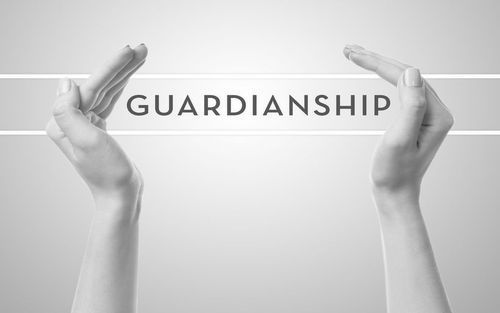On one hand, let’s assume you regularly review our articles concerning adult guardianships. You started by reviewing our article to determine whether a power of attorney or guardianship is more appropriate. Next, you read our article about an overview of the adult guardianship process. Then, you wanted to know more about the guardianship interview process, so you reviewed our article about Guardian Ad Litems. Finally, you read our article concerning the obligations of a guardian and you got yourself appointed as a personal guardian. If this is you, you are doing a phenomenal job, and this article will help you understand the additional steps you will need to take.
On the other hand, let’s assume you are a first-time reader of our articles. Welcome. If you have not started the adult guardianship process, or just want to understand adult guardianships better, please read the above articles. In addition, please read on for the new rule that affects adult guardianships.
What’s New To The Rules
Effective March 1, 2018, the North Dakota Supreme Court adopted North Dakota Supreme Court Administrative Rule 59 (N.D.Sup.Ct.Admin.R.59), concerning the qualifications and certification required to become a nonprofessional and professional guardian. This article will focus on nonprofessional guardians. This new rule appears to be in response to a national concern of the qualifications of guardians as well as the potential for elder abuse.
Who Does The Rule Apply To?
Rule 59, as mentioned above, is effective March 1, 2018. This means that if you are seeking an adult guardianship after March 1, 2018, you will need to follow the rule’s certification process, as described below. If you have already been granted a guardianship before March 1, 2018, then you are given a two year grace period to meet the certification requirements. Rule 59 does not apply to emergency guardianships.
What Does The Rule Require?
Under Rule 59, there are four requirements: 1) You must complete, and submit proof of completion to the court, the free online training course concerning becoming and the duties of a guardian; 2) unless the court says otherwise, you will need to provide a criminal history record check to the court before your guardianship hearing; 3) you will need to provide an affidavit stating whether you have been investigated for certain crimes, such as “theft, fraud, or the abuse, neglect, or exploitation of an adult or child”; and 4) you will have to provide a general release authorizing the court to access any of your records from state or federal government agencies.
Why Is This Important?
Adult guardianship law is a technical area of the law that most attorneys do not practice in. If you enlist help from a general attorney, they could very easily miss this brand new rule. If that were to happen, the guardianship process could be stalled, costing you more time and money. It is important to complete the certification process before the court grants your guardianship. If you already have guardianship in place, you are given the grace period described above, but you might as well complete the certification now and be done with it.
This article is meant only to generally outline the new adult guardianship rule in North Dakota. If you need help with becoming an adult guardian or need assistance in becoming a certified guardian, call our Estate Planning Team at 701-297-2890 or email us below.










